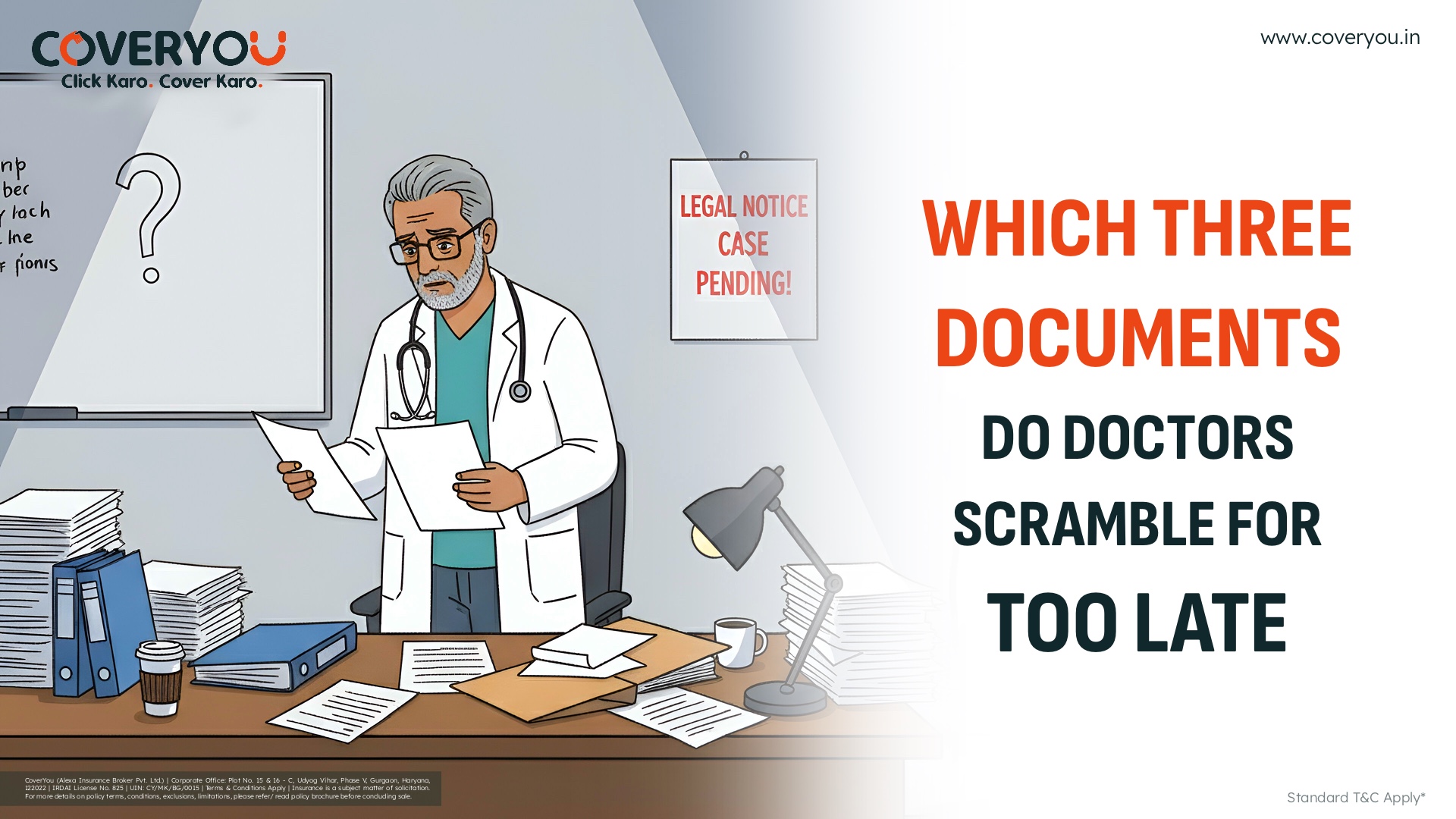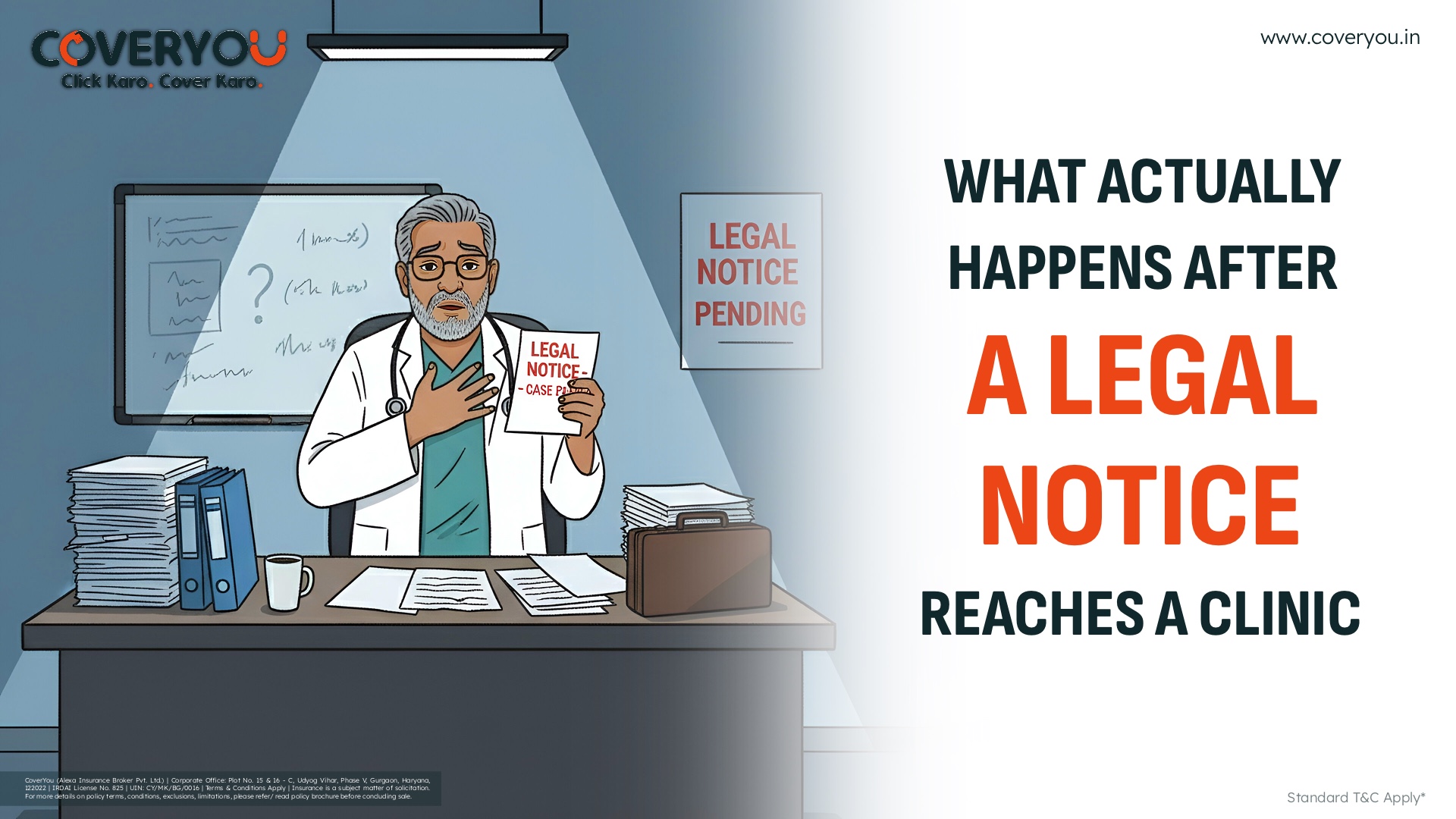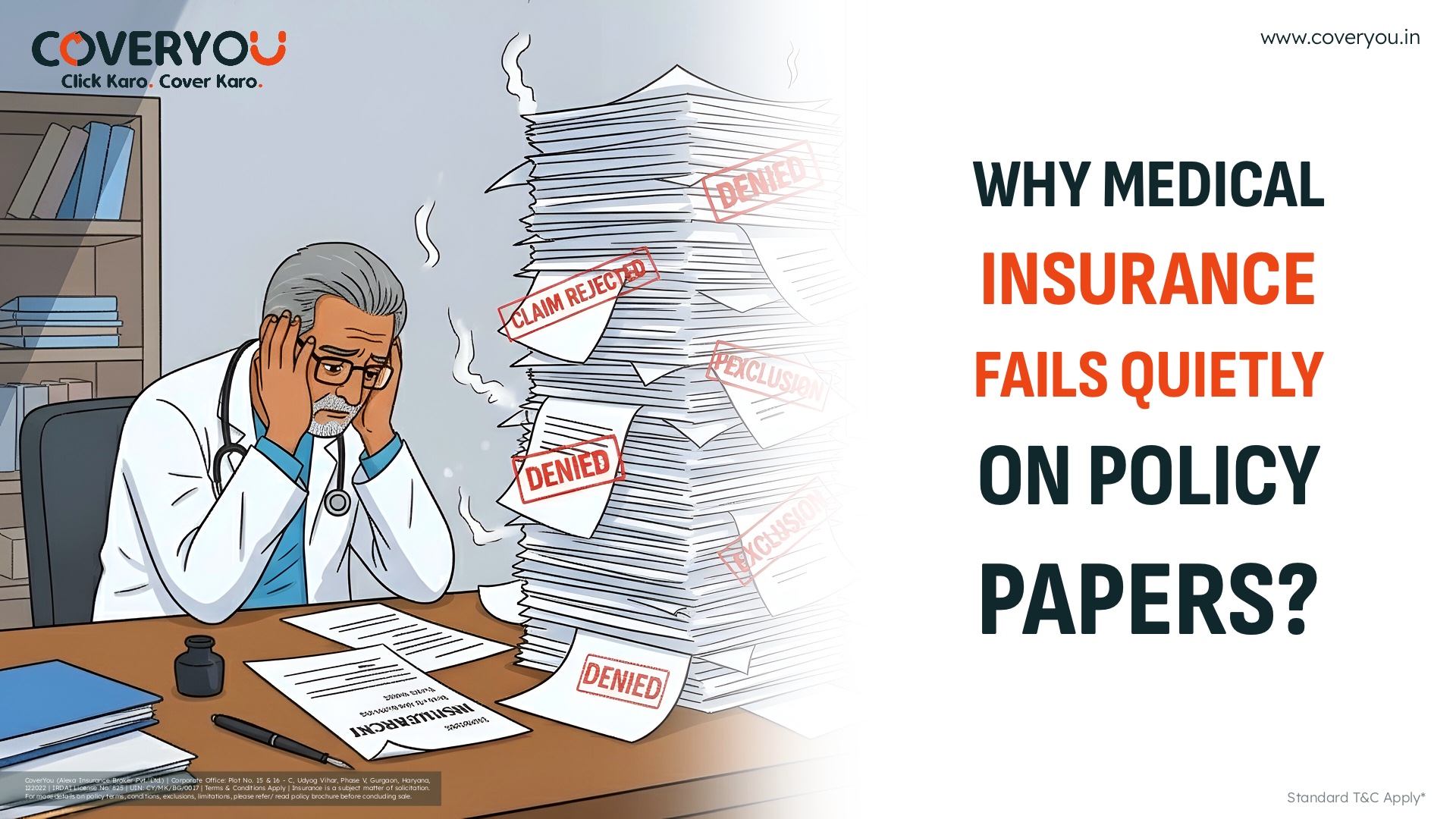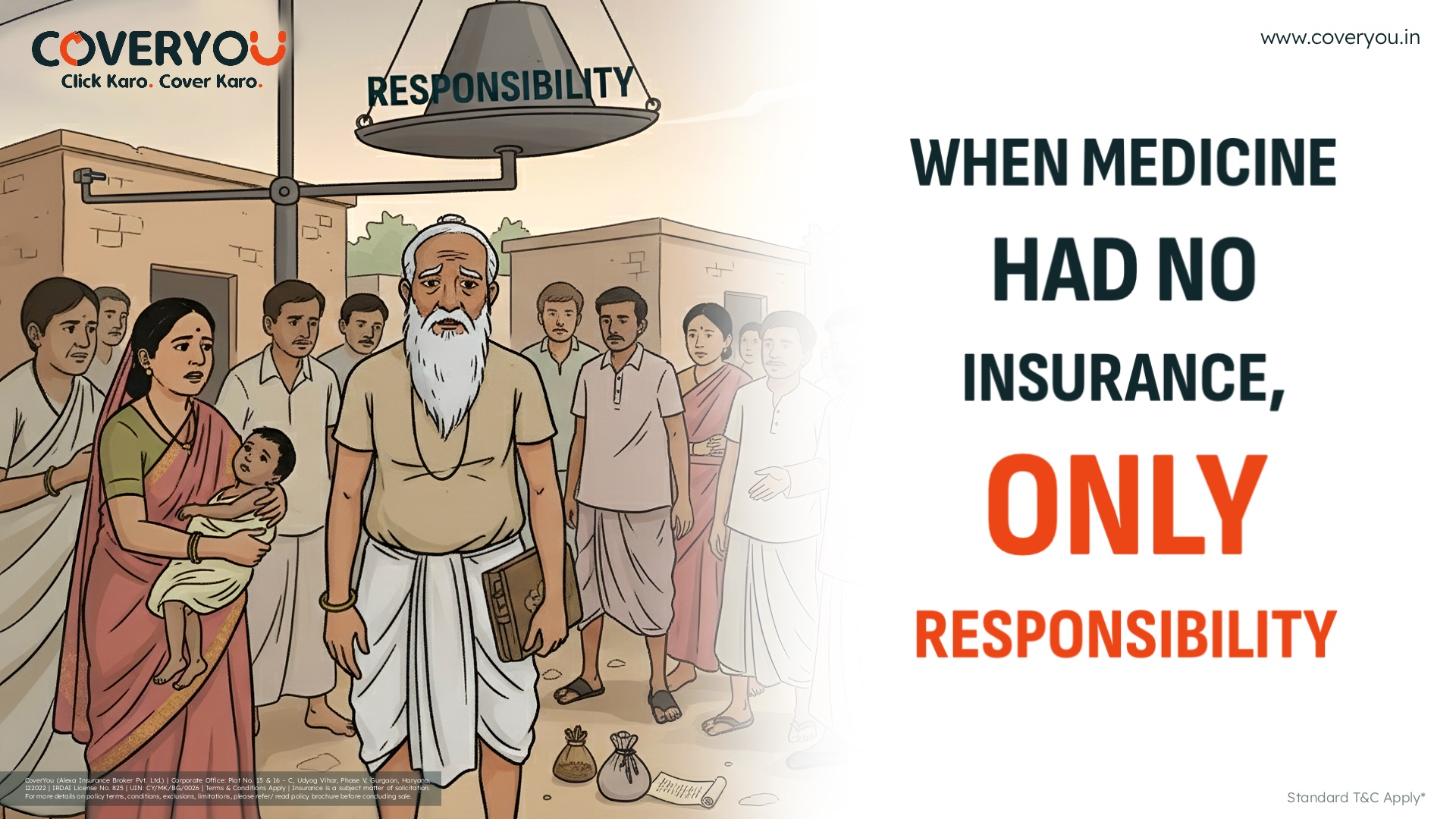Introduction
Insurance is a crucial component of a non-surgical healthcare practice’s defense against potential risks and liabilities. Insurance is a risk management technique used to guard against potential monetary losses. Contracts between a person or organization and an insurance provider are known as insurance policies, and they guarantee cash compensation in the case of an unexpected loss or event. The insurance provider collects a premium in exchange for offering protection from particular dangers. To guard against potential risks and liabilities, non-surgical healthcare providers like primary care doctors, dentists, chiropractors, and physical therapists need insurance coverage. There are various factors that necessitate insurance for non-surgical practices.
Components
- Protection against medical malpractice claims
- Coverage for accidents and injuries
- Protection of business assets
- Professional reputation protection
- Frequently asked question (FAQ)
Protection against medical malpractice claims:
Medical malpractice lawsuits can be financially and reputational disastrous for a medical practice. When a healthcare provider, including non-surgical practitioners, departs from the accepted standard of care and causes pain or injury to a patient, it is considered medical malpractice. Malpractice insurance offers a defense against these lawsuits and can pay for settlements, losses, and damages.
In the case of a malpractice claim, non-surgical practices without malpractice insurance could suffer large financial damages. Settlements or judgments can be significant, and legal fees alone can mount up quickly. A non-surgical practice’s reputation might be harmed by malpractice claims, which can lead to a loss of clients and referral sources.
In addition to offering financial security, malpractice insurance aids non-surgical practitioners in risk management. To assist in lowering the chance of malpractice claims, insurance companies frequently give risk management services, like training and education.
Coverage for accidents and injuries:
Any healthcare setting, including non-surgical settings, has the potential to experience accidents and injuries. Although non-surgical practices don’t do procedures, patients might still get hurt while receiving care or in the office. A non-surgical practice’s general liability insurance may be able to cover mishaps and injuries that occur there.
A wide range of mishaps, including slip-and-fall accidents, injuries brought on by defective items or equipment, and adverse drug responses are all covered by General Liability Insurance. This insurance can assist in paying for claim-related costs like lost earnings, medical expenditures, and legal fees.
In the event of an accident or injury, a non-surgical practice without general liability insurance could suffer severe financial damages. The cost of medical care and legal counsel can be high, and if the occurrence is made public, a practice may also suffer reputational harm.
Protection of business assets:
Like any other type of business, non-surgical medical clinics have significant assets that need to be safeguarded. These assets can be covered by Business Property Insurance, preventing damage, loss, or theft. These resources could include workplace furniture, electronics, supplies, and medical gear.
Many events, including fire, water damage, theft, and vandalism, may be covered by Business Property Insurance . The cost of repairing or replacing lost or damaged property may be partially covered under this coverage.
A non-surgical practice without Business Property Insurance may suffer considerable financial losses in the event that its assets are lost or damaged. For instance, replacing expensive medical equipment can be expensive and may make it difficult for the practice to remain open.
Professional reputation protection
It might take years to establish a solid professional reputation in the non-surgical healthcare sector, which is why it is so important. A single unfavorable event, such as a malpractice claim or unfavorable internet review, can harm a practice’s reputation and impair its capacity to draw in new patients. The professional reputation of a non-surgical practice can be safeguarded by insurance policies like Professional Liability Insurance and Cyber Liability Insurance.
Claims involving professional carelessness, errors, or omissions may be covered by Professional Liability Insurance, sometimes referred to as errors and Omissions Insurance. The legal costs and damages related to a claim are covered by this insurance, which can assist safeguard a practice’s reputation.
Data breaches, cyberattacks, and other cyber-related catastrophes may be covered by Cyber Liability Insurance. Protecting patient data is essential for keeping a practice’s reputation in the digital era. Data recovery, legal expenses, and public relations attempts to repair a practice’s reputation after a cyber disaster can all be covered with the aid of cyber liability insurance.
Conclusion
To guard against potential risks and liabilities, such as medical malpractice lawsuits, accidents and injuries, company asset losses, and reputational harm, non-surgical healthcare practices must have insurance. Non-surgical practices can offer their patients high-quality care while lowering their financial and reputational risks by investing in insurance.
Frequently Asked Questions (FAQ)
Q1. Why should my non-surgeon practice consider getting insurance?
Ans: For non-surgical healthcare practices, insurance is a necessity to guard against future claims and related financial and reputational risks. To make sure that the practice is safeguarded in the event of a lawsuit or disaster, it is imperative to secure sufficient coverage.
Q2. What are the risks of not having insurance for my non-surgeon practice?
Ans: An organization may be exposed to serious financial and reputational hazards if you don’t have insurance for its non-surgical practice. To safeguard your practice and guarantee its ongoing sustainability, you must obtain proper insurance coverage.
Q3. Can lawsuits or claims be made against non-surgeon medical practices?
Ans: Yes, it is possible to file a lawsuit or make a claim against non-surgeon medical practices. Although non-surgical medical offices normally do not perform procedures, they nonetheless offer patients medical care and services, which may present liability risks.
Q4. What type of insurance policies should my non-surgeon practice consider?
Ans: To guard against potential hazards, non-surgical medical practitioners should think about getting insurance coverage. Some of the common insurance policies that non-surgical medical practices should take into account include malpractice insurance, general liability insurance, cyber liability insurance, business property insurance, employment practices liability insurance, and workers’ compensation insurance.
Q5. How can insurance help protect my non-surgeon practice and its employees?
Ans: insurance can assist protect your non-surgical practice and its staff by offering financial security, legal security, reputational security, and employee security. Having the appropriate insurance coverage can assist your clinic to reduce the risks involved in treating patients and shield them from potential financial losses.

















